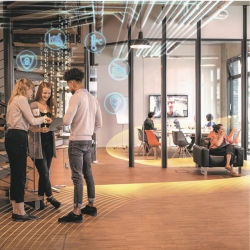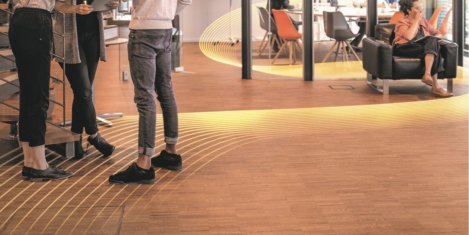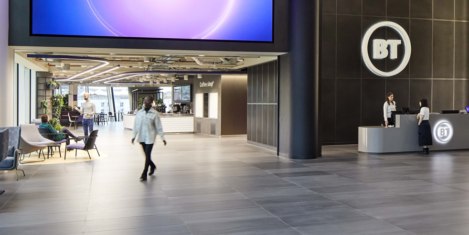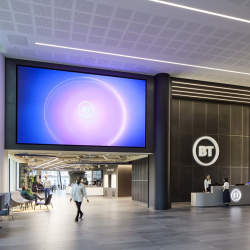To provide the best experiences, we use technologies like cookies to store and/or access device information. Consenting to these technologies will allow us to process data such as browsing behaviour or unique IDs on this site. Not consenting or withdrawing consent, may adversely affect certain features and functions.
The technical storage or access is strictly necessary for the legitimate purpose of enabling the use of a specific service explicitly requested by the subscriber or user, or for the sole purpose of carrying out the transmission of a communication over an electronic communications network.
The technical storage or access is necessary for the legitimate purpose of storing preferences that are not requested by the subscriber or user.
The technical storage or access that is used exclusively for statistical purposes.
The technical storage or access that is used exclusively for anonymous statistical purposes. Without a subpoena, voluntary compliance on the part of your Internet Service Provider, or additional records from a third party, information stored or retrieved for this purpose alone cannot usually be used to identify you.
The technical storage or access is required to create user profiles to send advertising, or to track the user on a website or across several websites for similar marketing purposes.
 The world of work is changing rapidly. Businesses are having to make fundamental shifts to adjust to the emergence of new business models, technologies and the changing expectations of the workforce. This has left human resources teams all over the world needing to efficiently adapt the way they hire, develop and take care of their staff, with the most significant challenge being managing the needs of the current workforce, and addressing their future demands. (more…)
The world of work is changing rapidly. Businesses are having to make fundamental shifts to adjust to the emergence of new business models, technologies and the changing expectations of the workforce. This has left human resources teams all over the world needing to efficiently adapt the way they hire, develop and take care of their staff, with the most significant challenge being managing the needs of the current workforce, and addressing their future demands. (more…)


































August 23, 2022
Firms need a better understanding of their psychological contract with employees
by Anthony Thompson • Comment, Workplace